Incentives to install solar for SMEs
As the Earth slowly reaches new Anthropocentric limits, the push for greener solutions has never been more pressurised. The planet has gone past the point of no return, and the only option now is to mitigate further environmental damage by quickening the rate at which we switch to greener solutions. The government are bringing about schemes like the Green Deal – which is a loan-based, government-led incentive offered specifically to homeowners. This is where certain eligible homes can receive a loan which can help pay for greener energy solutions, in the hope that more and more UK homes will take advantage of the scheme which will financially aid their greener solutions.
Similarly, non-governmental organisations are offering a similar incentive to SMEs using a parallel principle – but with a grant instead. Although the number of SMEs opting for solar is set to increase rapidly within the next few years, some businesses may be hesitant to make the switch to green energy. Moving everything to solar can seem like a bold move for some companies, especially if they’ve been comfortably using the same energy system for many years. No one likes change, especially if they are well accustomed to the same functionality that suits their company.
But perhaps the more prominent reason for not installing solar - is the expense. But what’s one way that environmental companies can incentivise SMEs to opt for a greener solar solution?
Grants
Environmental organisations that aren’t directly managed by the government, are now offering certain SME businesses the option to accept a grant to help them pay for their solar energy. Many of these incentives have been government approved, and are findable through the government website. Many of the incentives are regionally split throughout areas of the UK. Some local councils are backing the incentives, and some areas are seeing specific environmental organisations which are operating their own grant schemes. For example, SMEs in the West Midlands can receive a grant through the Worcestershire County Council, whereas SMEs based in Buckinghamshire would go through organisations such as Low Carbon Workspaces.
Low Carbon Workspaces
An incentive regional to Buckinghamshire, Berkshire, Hertfordshire, Northamptonshire, Bedfordshire, Luton and Milton Keynes. Eligible projects are under the umbrella of renewable energy systems - and include solar PV and solar battery storage. These solar-related projects involve electric vehicles, energy management, lighting upgrades, insulation, heating and cooling systems, and equipment upgrades.
Low Carbon Workspaces are one of many schemes offering this incentive on a not-for-profit basis.
This company is financially backed by the ERDF (European Regional Development Fund). Managed by a company called Ngage Solutions, the incentive isn’t backed by profits, but are match funded. Low Carbon Workspaces offer between £1,000 - £5,000 for SMEs who would need financial help in order to add a greener energy solution to their business. Their scheme is designed to help companies save up to a third of the cost on their solar energy installation programmes.
Council schemes
There are also some council-backed incentives (such as the one established by the Worcestershire County Council covering the West Midlands.) These offer their own financial incentives - all of which vary from scheme to scheme. The Business Energy Efficiency Programme, for example, covers the regions of:
Worcestershire
Herefordshire
Telford and Wrekin
Shropshire
This scheme starts with a free energy assessment, whereby the council will then decide how much funding the SME could receive to help them with their solar installation. The business in question can then receive between £2,000 and £20,000 to help them implement greener functionality.
The Department for Business, Energy & Industrial Strategy have established a wide variety of various energy-saving schemes, which incentivise SMEs to implement energy-saving solutions like solar PV. No matter the region, these listed incentive schemes all offer advice and consultancy from environmental industry experts, so that SMEs are given an assessment before deciding to make the switch and take advantage of the help available.
Further incentive: Super deduction
There is also, of course, the Super Deduction Scheme, where businesses can claim back up to 130% of their taxable assets. This, in conjunction with both the offered grants and with the opportunity to return on investments from solar, could see companies making their money back faster than anticipated. The financial regain from solar certainly positions it on the highest pedestal compared to other renewable energy options, as it seeks to reimburse those initial financial losses. So with this in mind, implementing solar PV for SMEs has never been a more attractive option - and businesses are being heavily encouraged to take advantage of the local schemes available.
Are you eligible to receive financial help for solar PV?
Criteria for eligibility differ depending on which region your SME is in. Regional schemes for your area are easily findable on the government website under the Department for Business, Energy & Industrial Strategy search page. Those interested can submit enquiries through this platform, and receive the help and advice they need in making the initial steps in switching to solar.
Interested in solar?
If you're considering solar PV and would like to benefit from these financial cuts, then contact us for more information. We can talk you through these financial options available in more detail, and answer any questions or queries you may have.



